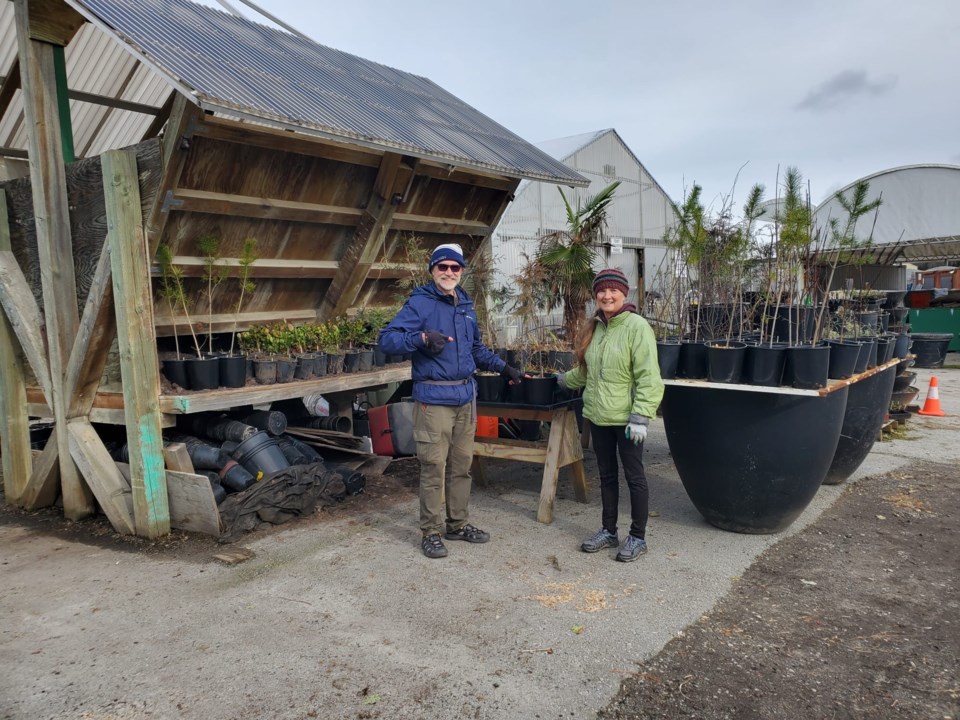Plans for a fourth mini forest to be installed in Richmond are set for late March.
But before that, Richmond's Garden City Conservation Society is working with Network of Nature in installing and presenting a demo mini forest in Vancouver in conjunction with the GLOBE 2024 Conference on Feb. 13.
Mini forests, also known as Miyawaki Forests, are small-scale, densely planted, native urban forests that consist of trees, shrubs and perennials.
Sharon MacGougan, president of the Garden City Conservation Society, said the forest in Vancouver will then later be planted at Garden City Community Park as part of a project initiated by Richmond South Centre MLA Henry Yao on March 23, along with the help of the City of Richmond.
This will be the fourth Miyawaki Forest in Richmond, the first was planted at Richmond Secondary School in 2022 and a second in Terra Nova Park last year.
"I think the fact that these little forests can go in small areas, they do so much for us environmentally," said MacGougan.
The idea behind mini forests, she explained, is to mimic the diversity of a native forest to provide environmental and social benefits for the ecosystem in an urban environment.
For example, mini forests can help moderate temperature fluctuations in an urban setting, provide green spaces for people to enjoy, help reduce air pollution and provide habitats for wildlife.
"This style of planting was designed for urban spaces. It provides shelter and food for wildlife, but it is also good for people's souls. It's good for people's health and well-being to be surrounded by nature and not have it disappear around us."
MacGougan told the Richmond News they want to share the concept of mini forests with the public so that people can learn and understand how they can affect the environment.
"Learning and understanding allow people to grow to love and reconnect with our natural environment, which then leads to protection," she said.
"Miyawaki forests are great for bringing the community together, but much more than that their roots go deep into the dirt. They will grow fast and attract insects and wildlife and that's what's going to sustain our future generations of humans and wildlife.
"If we restore the habitat, the wildlife will stay with us in turn."
Richmond's second Miyawaki forest, when transported to Garden City Park in late March, will be located in a grass area just east of the playground.
Got an opinion on this story or any others in Richmond? Send us a letter or email your thoughts or story tips to [email protected].




